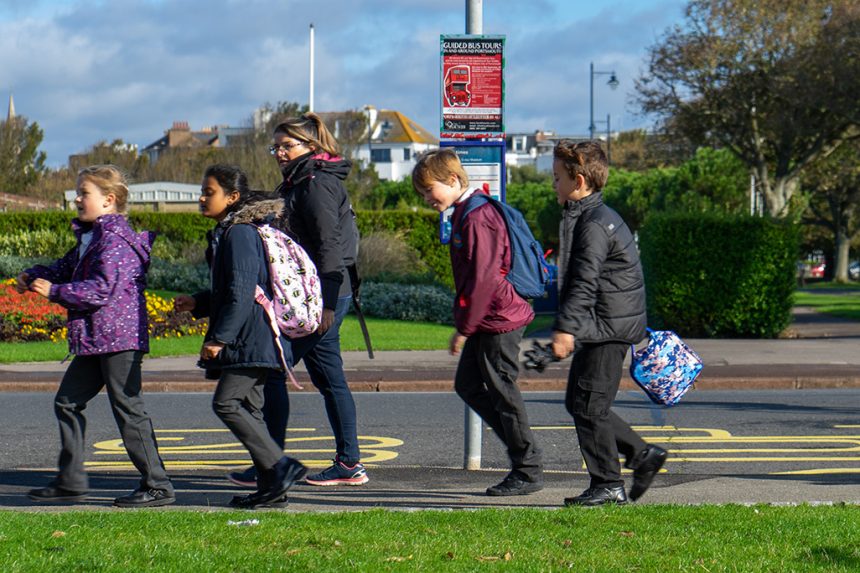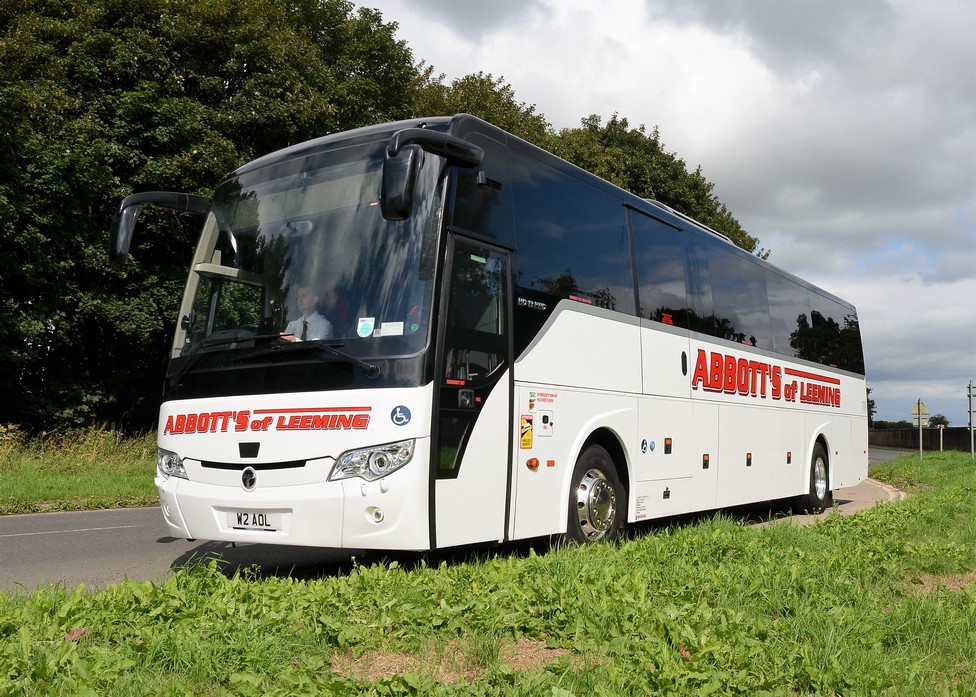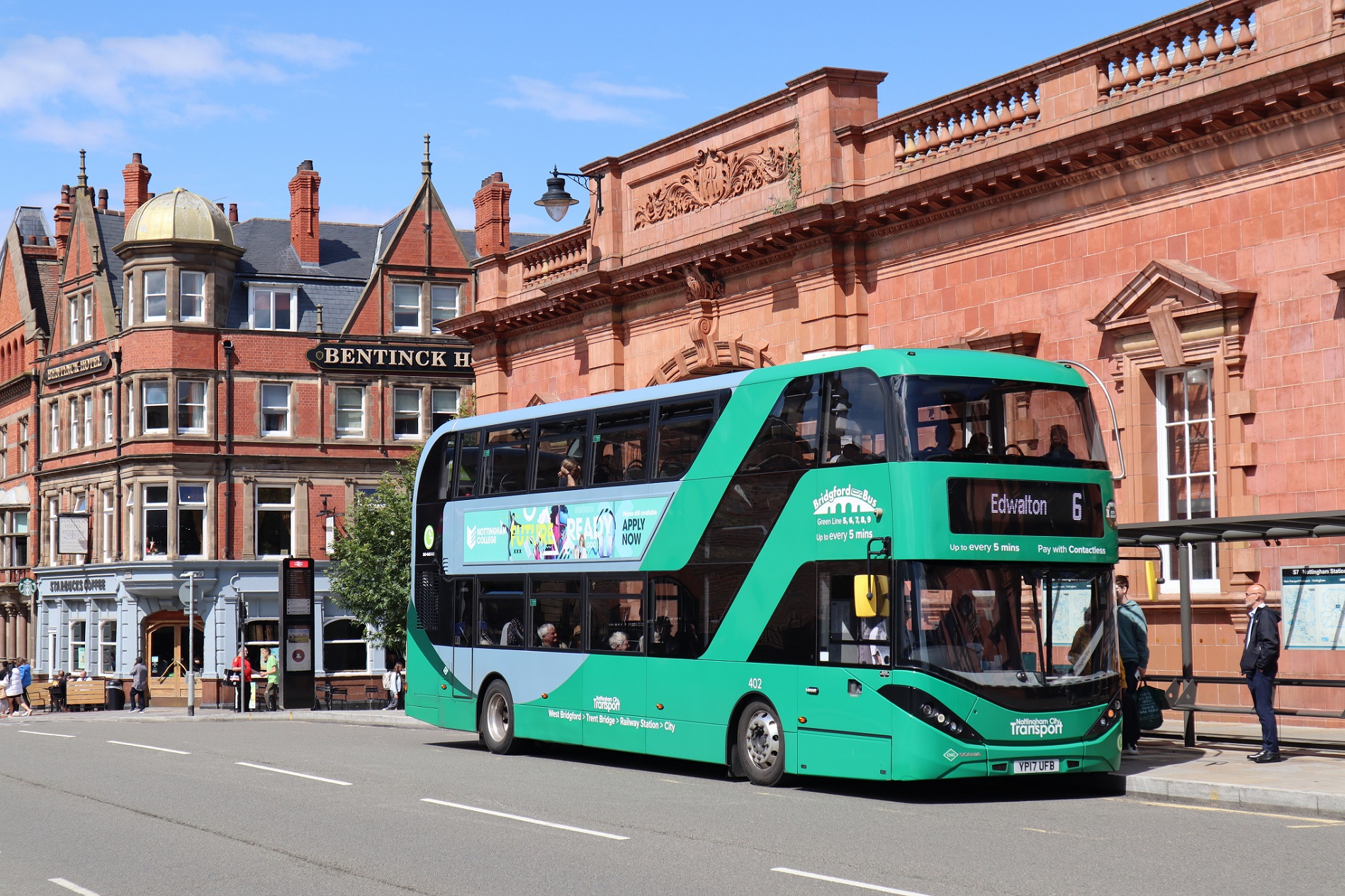Changes to how school services are licenced and registered could reduce PSVAR and BODS issues, argues UK Coach Operators Association Managing Director Peter Bradley
I feel I have spent a lot of UKCOA time this year on issues connected with home-to-school services operated by the coach sector, to the point that I believe that some changes to the way that they are licenced and registered would be helpful for both local and national government, schools and colleges, the operator and, most importantly, those who use them on a daily basis. It may have prevented the issues with compliance with PSVAR and Bus Open Data Service (BODS), which have been well documented, and could well assist as we navigate the road to zero-emissions.
The first issue is that there are many different ways in which a home-to-school service can be provided. For example, it could be as part of a local bus service or a local authority contract (for entitled or fee-paying students or even a mixture of both); directly contracted by the school; directly provided by the operator either commercially or paid for by a group of parents; organised by a third party on behalf of the school; and probably a few more that I have missed.
The second issue is whether it requires registration or, in the capital, a London Service Permit. If it is part of a local bus service or operated as a standalone public bus service then it certainly does. However, if it is a closed-door home-to-school service, which is defined as “a service which is for the carriage of eligible passengers to and from an educational establishment and which can only be used by eligible passengers” (PSVAR 2023 s4 (4a)), will not, if all four of the following conditions apply to the service:
- Someone other than the bus operator or his agent is responsible for arranging the journey and for bringing the passengers together
- The journey is not advertised beforehand to the general public
- All passengers travel to or from the same place (eg, a school or factory)
- Passengers pay the same fare no matter how far they travel.
Modern technology means that timetables for closed-door services can often be found on websites, so does that invalidate point 2? And, often the charging of different fares can catch operators out. So, it does seem to me that, not only can this be confusing but also, with the changes in today’s society and the advancement of technology, rather outdated.
However, registration does have its place. It gives visibility of the services that are running to and from schools, to local authorities and schools alike (how often have we heard it mentioned that there is insufficient data on what the coach industry does day in, day out?). It can also assist with stopping arrangements. There are an increasing number of bus stops with traffic orders on them preventing anything other than local bus services serving them. I know of at least two coach companies that register their closed-door school services, just so they can serve some key bus stops to set down and pick up students.
No wonder there was misunderstanding over whether PSVAR applied to closed-door home-to-school services (and I know that there was some misinterpretation over the difference between a local and a scheduled service) and whether it should be applied to BODS now.
UK Coach Operators Association is taking up these issues with the Department for Transport and offering some ideas of how we could move forward, and has so far received a sympathetic ear. I hope that the discussions continue in a positive vein.



























